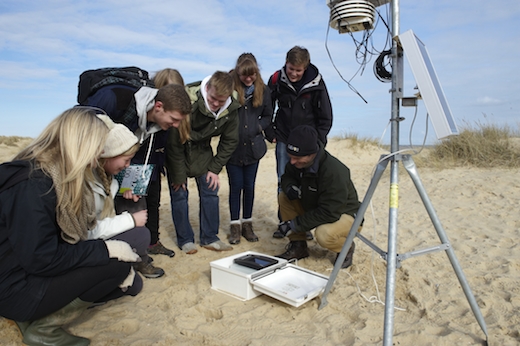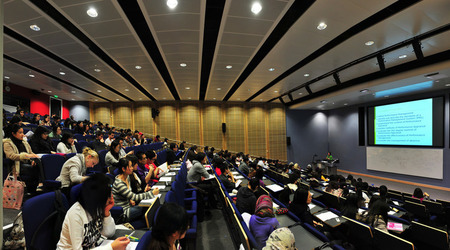{{phone.Value}}
successful admissions
of students enter the university of their choice
students consult Education Index when applying for universites
successful admissions
of students enter the university of their choice
students consult Education Index when applying for universites
| Study mode | Start date | Duration | Fee international | Fee UK/ EU | Fee study period | Year of study |
|---|---|---|---|---|---|---|
| Full-time | September | years: 1 | £14800 | £7300 | Academic year | 2017 - 2018 |
There has been a rapid growth in Environmental Assessment (EA) requirements around the world, at both project and strategic levels, which has generated a need for additional personnel. In Europe thousands of environmental assessments are carried out annually, and new legislation has placed obligations on many organisations to carry out strategic environmental assessments of their plans and programmes without the trained personnel to do so.
EA places demands upon those involved in both planning and authorising development proposals. Scientists must use their technical expertise to provide inputs into EAs; lawyers must establish and operate the procedures; developers must formulate their proposals within the legislative framework; agencies must review the adequacy of EAs; and decision makers must learn how to respond to the increased breadth and depth of information on potential impacts.

The focus of environmental assessment has shifted from the project level, where the implications of individual project proposals are assessed, to the strategic level, where the implications of policies, plans and programmes are assessed. Strategic EA Practice varies around the world and at different levels of decision making. Some jurisdictions focus on environmental aspects only, whereas others undertake sustainability appraisal which balances the environmental impacts alongside social and economic (including health) impacts. Whatever the focus, there is a need to establish groundrules for the scope of the assessment, and a need to apply suitable assessment methods to fully understand the potential outcomes of policy, plan or programme development.
To meet the demand for skilled personnel in these areas, this is a vocational course designed to provide a rigorous and professional training in the broad range of skills required. It combines theory, much of which has been developed by internationally renowned staff based in the School, with practice through collaboration with local businesses.
Recent Dissertation Titles
















The University of East Anglia is based in the vibrant city of Norwich, located in the east of England. The city is less than two hours by train from London and is a unique blend of historic English architecture and modern design, which creates a dynamic and unforgettable atmosphere.
Norwich is home to eight theatres, five museums, four cinemas, two cathedrals, four music venues and a castle. There are 300 pubs, restaurants and bars,1500 historic buildings as well as modern developments such as The Forum, which is the home of the regional BBC studio and the award-winning Millennium Library.
As a base for exploring Britain, Norwich is just a short journey from Cambridge and other key cities with coaches and trains conveniently connecting you with the rest of the UK. International students are also able to take advantage of Norwich International Airport which is conveniently located 15 minutes from campus.